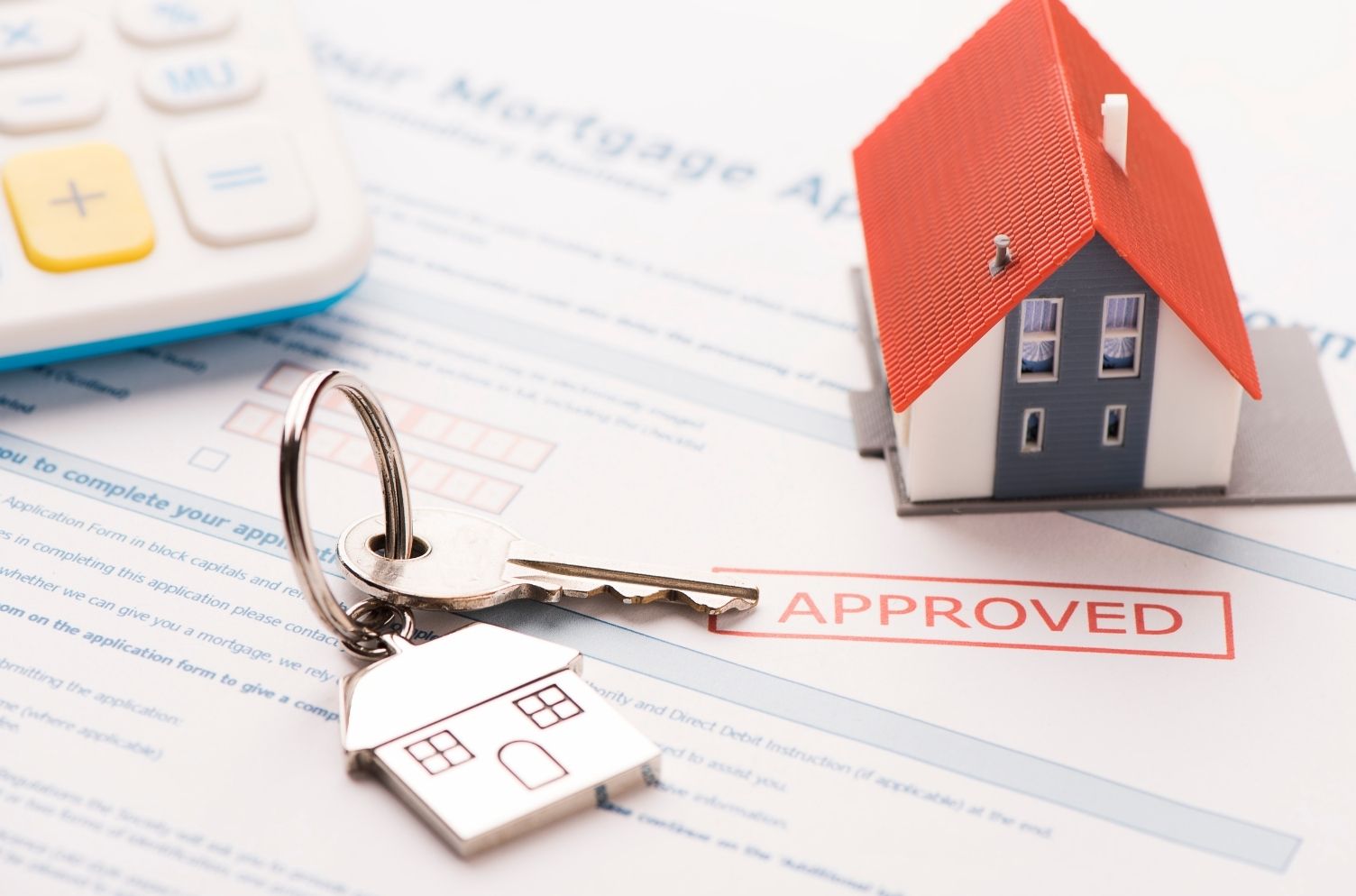How to get a mortgage if you’re self employed?

If you're one of the 4.8 million self-employed people in the UK, you might think that your options are more limited than someone who doesn't have to file their own tax returns. You might have even written off your chances of getting a mortgage because you don't have a regular income.
It's true, it can be tough. But it is achievable. You just have to know what the lenders are looking for, and prepare in advance to give yourself the best chance of being accepted for a mortgage.
What's the definition of self-employed?
To a lender, a person is self-employed if they own more than 20% of a business from which they get their main source of income. This could be a sole trader, a partner or director or a company, or a contractor.
Are there certain types of mortgages for self-employed people?
No. In the past, self-employed people could apply for self-cert mortgages, which let you specify how much you earned without providing documentation to back it up. These were banned by the FCA in 2011 because they were deemed to be too risky.
And in 2014, under the Mortgage Market Review, mortgage lenders were required to tighten up all aspects of lending and introduce stricter stress tests for anyone borrowing, so things became a bit more difficult all borrowers, including those who were self-employed.
What will I need to show the lender?
The main difference between a self-employed person and someone that receives a monthly wage is how the annual income is calculated. Typically, the lender will want to see two, sometimes three years proof of income and expenditure, as opposed to three to six months for borrowers who paid through PAYE.
You'll need to provide:
-
SA302 forms or a tax year overview
-
A record of regular work
-
Evidence of any upcoming contracts if you're a contractor
-
Evidence of dividend payments and profits if you're a company director
You'll also need to prepare the usual documents and paperwork that are needed for a mortgage:
-
Proof of identity: passport and/or driving licence
-
Three months of utility bills
-
Council tax bill
-
Six months bank statements
-
Proof of deposit
As well as this, lenders will ask about your lifestyle so they can ascertain how much you can realistically afford to spend on a mortgage. Be prepared for questions about:
-
Any other debts
-
Hobbies/what you spend at weekends
-
Childcare, and how much you spend on your children
-
Payday loans
-
Where the deposit is from
-
Holidays
-
Travel and commuting costs
-
Car finance agreements
-
Credit cards or store card repayments
-
Any other loan repayments
-
Household utility bills
How can I improve my chances of being accepted for a mortgage?
Lenders will need to see that you are organised in your approach to managing your finances. You won't have to pay higher rates for a mortgage if you're self-employed, but you'll get better deals if you fit the lending criteria.
Speak to a broker
A specialist broker will know which lenders are more likely to accept people that are self-employed, and which ones may accept borrowers with less than two years' worth of accounts.
Keep your spending to a minimum six months before you apply
Live modestly and avoid buying expensive luxury items. Live within your means.
Use a qualified chartered accountant to prepare your accounts...
This will show the lender that you are reliable and give them a clearer overview of your finance history, including your tax records. It can be a long and difficult process to get all of this information together yourself, and an independent accountant will verify that everything is correct.
...but don't rely solely on your accountant
You'll need to be knowledgeable about your income and outgoings, so when they ask you for a breakdown of your finances, the lender will be confident that you know what you're talking about.
File your company accounts early
The lenders will need to see the last two years, at least, of your accounts, so the more detailed, up-to-date information you have, the better.
Improve your credit score
Improve your chances by improving your credit rating. Make sure you're on the electoral roll, and check your credit rating way in advance so you can correct any mistakes, such as defaults. You can also challenge any defaults with the lender, the credit reference agency or the financial ombudsman. Any CCJs or bankruptcies will either hamper your chances of being accepted or land you with higher rates.
A lender may also check your business credit score by running a check on your business address, so make sure this credit report is in good shape too.
Provide a bigger deposit
A healthy deposit on a property is always a good idea as it will bring your loan-to-value (LTV) rate down. The LTV is the ratio of mortgage to property value, so if you're buying a £100,000 property with a £10,000 deposit, your LTV rate is 90%. If you have a lower LTV of, say, 65%, your rates will be lower and the lender will judge that you're more likely to pay the mortgage on time.
Choose the right property
Lenders can be reluctant to grant mortgages to certain types of property. They could be likely to lose value over time, like new builds, ex-local authority or high-rise flats; or potentially difficult to sell, like eco-homes, studio flats or shops above commercial units, due to the level of noise on the street below.
Other properties that are difficult to secure mortgages on include properties made out of concrete or wood, freeholds, properties with short leases or flats without property management companies.
It's not impossible to get a mortgage if you're self-employed, but there is a bit more paperwork to gather as lenders will need to see more of your financial history.
If mainstream lenders refuse to grant you a mortgage, a specialist broker will have the knowledge and experience to match you with a lender to suit your needs.
Contact us now to discuss your personal options, Revolution Finance Brokers specialise in commercial and residential finance in Essex, Kent, London and Hertfordshire.
Related Posts
Ask the Expert
Mortgage Brokers




